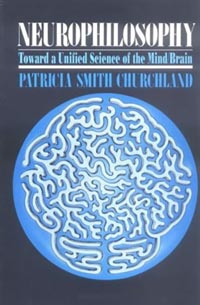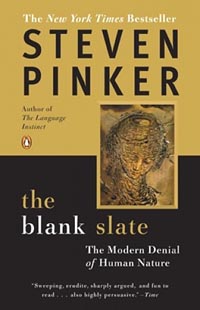Biological determinism as we learn about consciousness
We discover that consciousness is a brain looking at its own actions and concluding that the mind directing those occurs elsewhere because the brain is not visible, but that to prevent people from having mental breakdowns, that assumption is hardwired:
Electrodes implanted in the brains of people with epilepsy might have resolved an ancient question about consciousness.
Signals from the electrodes seem to show that consciousness arises from the coordinated activity of the entire brain. The signals also take us closer to finding an objective “consciousness signature” that could be used to probe the process in animals and people with brain damage without inserting electrodes.
Previously it wasn’t clear whether a dedicated brain area, or “seat of consciousness”, was responsible for guiding our subjective view of the world, or whether consciousness was the result of concerted activity across the whole brain.
Most of you would like to read that consciousness of self was not a biological process, but a computational one, or even better, that you decided to think that way. You flatter yourselves thinking you are a discrete thing in control, and get queasy when the methods of the brain are dissected.
Let me point you to two books that will absolutely level that assumption:

Neurophilosophy, by Patricia Smith Churchland
This insightful work shows how the workings of our brain, from basic biochemical reactions all the way through observable larger patterns, is reflected in many of the common philosophical notions we have. When you are done with this book, you will realize that with the exception of a rare few individuals with disciplined minds, people are monkeys reacting to stimulus with no idea of the consequence. You will also become aware of certain traps that are perceiver illusions because they are convenient for the perceiver’s brain, and so a conclusion is projected onto reality that does not exist in it. More than one person has backed away from this book as if it were The Satanic Bible because it smashes many of the illusions we have about our own mental sovreignty.

The Blank Slate: The Modern Denial of Human Nature, by Steven Pinker
Without directly attacking the manifestations of the predominant modern illusion, Stephen Pinker slices into the nature/nurture debate by pointing out that to science, it’s clear that nature is the winner — but that in popular lore, this is feared, demonized, made taboo and denied. Why would people deny this? Well, because if you read this book, you’ll see how your genes and ancestors define your personality more than choices “you” thought “you” made. In combination with Neurophilosophy, it’s a leveling blow to the ego. After reading this, you will realize that you are a creation of your historical environment, not a product of your contemporary environment or your own wishful thinking that “you” are in control.
With those out of the way, here’s some more interesting research about the possibility for us to master nurture in service of nature:
Researchers have found a telltale mental signature that predicts whether an experience will be remembered. Once deciphered, the signals could be used to help people know when their brains are primed to remember, perhaps using an iPhone app.
“Instead of looking at how the information is being processed, we’re looking at how the brain prepares to process the information,” said study co-author Emrah Duzel, a University College, London, neuroscientist. “It may be that the state we look at prepares the memory system for a relevant event.”
Duzel’s team found the signal in the medial temporal lobe, a region of the brain associated with memory formation.
So what we remember is semi-arbitrary, depending on our brain state? What about willing to remember?
Like all things human, first we must discipline ourselves to recognize the signs of our own machine being ready, and then we can give it the order to respond as we’d like.
This clashes with our post-Enlightenment (and what prick calls something The Enlightenment; it’s the height of pomposity only matched by the depth of its false humility) view of ourselves as mental kings who can create anything, be anything, do anything! All that matters is the individual monkey.
And that monkey is a genius monkey, even if he or she does nothing important and lives on welfare while doing covertly passive aggressive, secondarily/long-term destructive things.
Maybe this is why you don’t see more of this research in the mainstream media.









